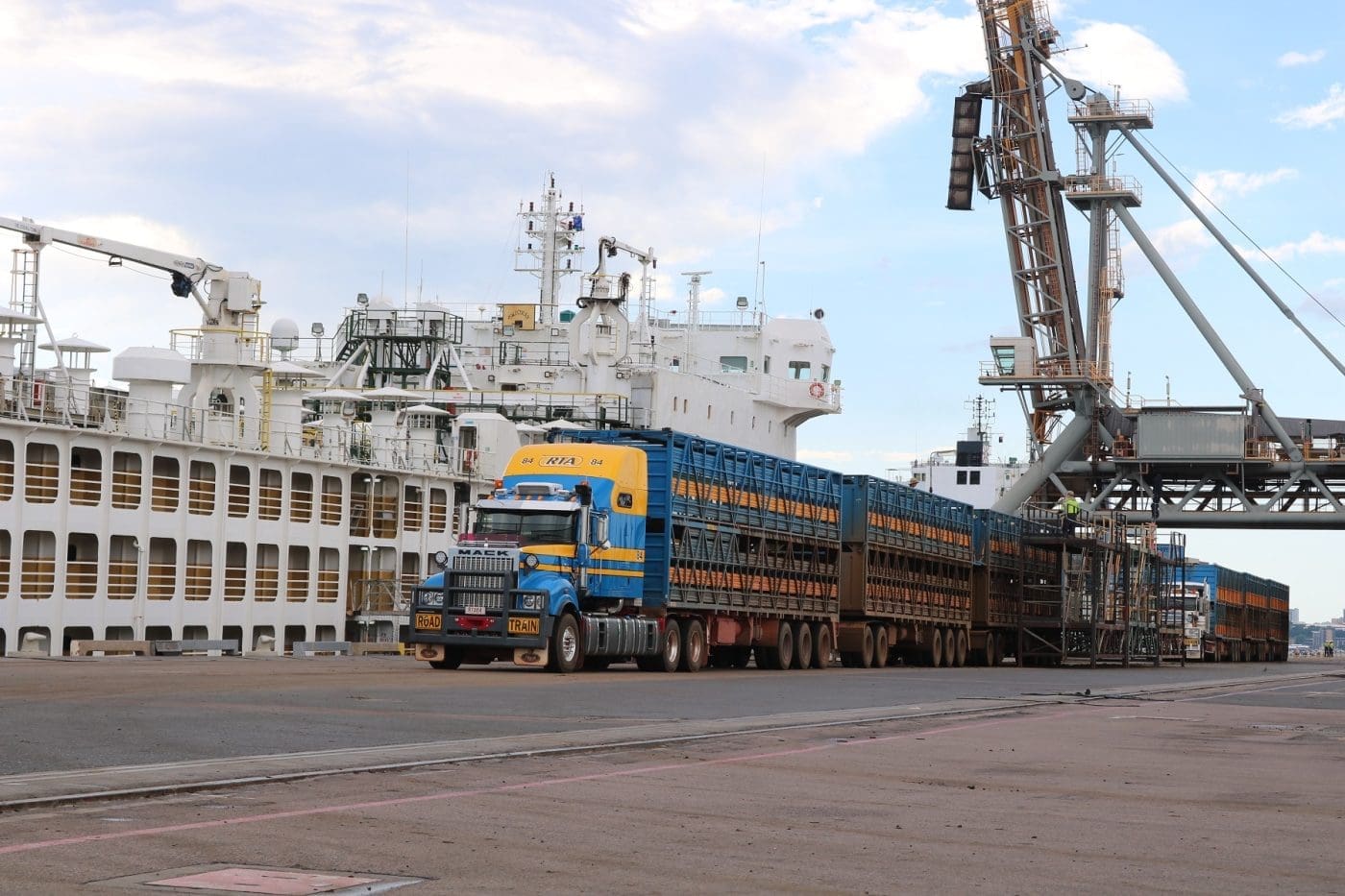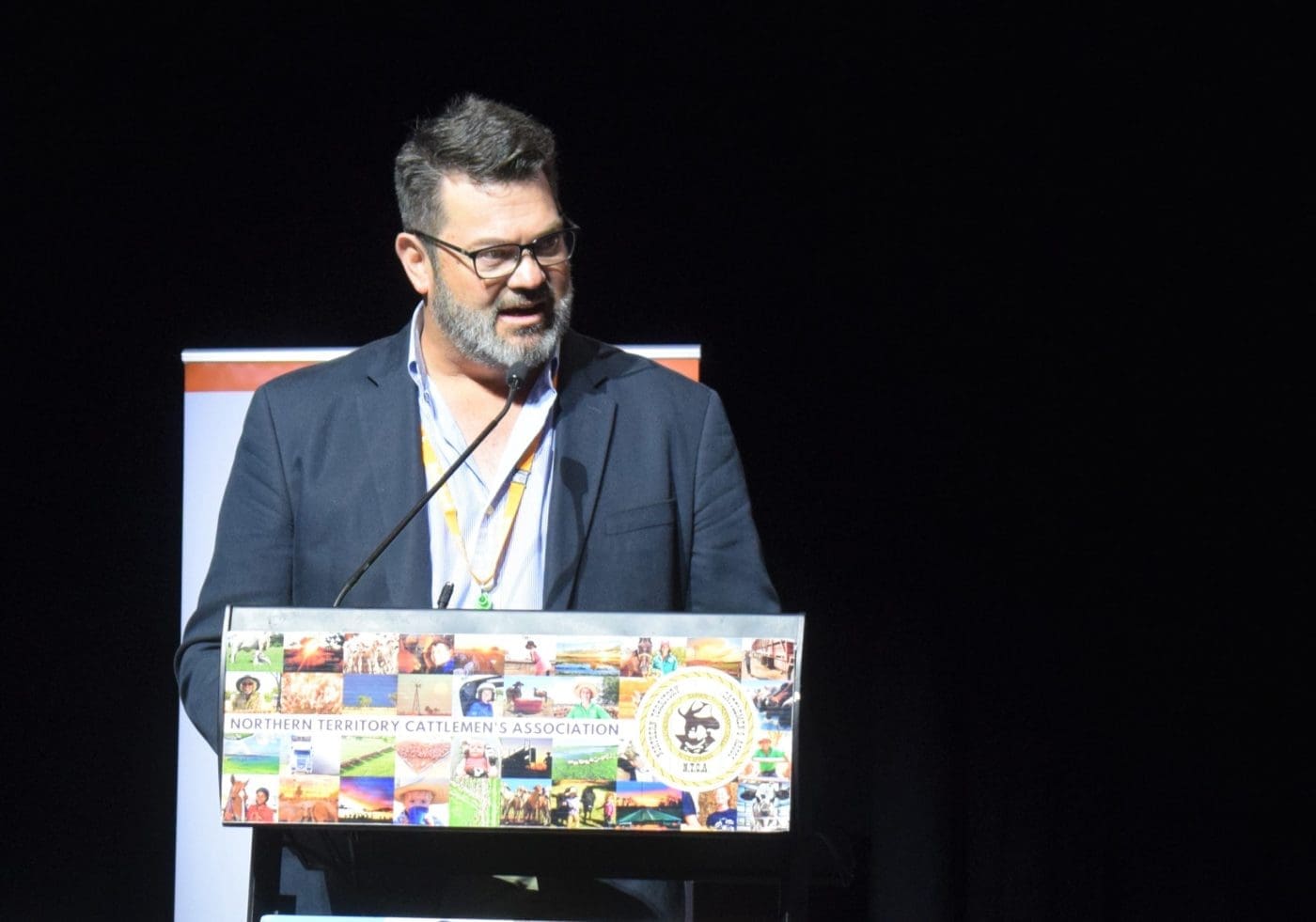CONCERNS have been raised about delayed payments for companies caught up in the 2011 live export ban, almost three years after a court ruled the government of the day had committed ‘misfeasance’ in office.
While payments have been made to the Brett family, who led the class action, other claimants have not seen any money – leading to accusations that the Federal Government is deliberately delaying the payments.
The subject was one of the main talking points at last week’s Northern Territory Cattlemen’s Association conference in Darwin, where president David Connolly said the delays were deliberate.
“I believe there are some who are dragging their feet and slowing the process deliberately – in their minds this is the case that should not have been lost and should have been appealed,” Mr Connolly said.
“If this is the case, it is an appalling breach of the constitutional requirements of a democratic government. In this country, no one is above the law.”
MinterEllison partner Andrew Gill is the lawyer leading the class action. In his presentation to the conference, he said he had been told the case was being instructed by the Federal Cabinet – instead of the Department of Finance.
“This case has been won, the Bretts have their money and we are just finishing the compensation – what does this have to do with cabinet?” Mr Gill said.
“This is just a finance matter and should have nothing to do with cabinet. It brings into question whether this is a case or a campaign.”
Debate over impact of the ban
Mr Gill said one of the main factors holding up the payments was an argument over the extent of damage caused by the ban – and whether it hurt the market beyond the four week period it was in place.
“The Commonwealth is basically taking the position that the four weeks was it and then trade started again (with no further loss). We are saying the losses go out to 2014 and some other losses go beyond that,” he said.
Mr Gill said he had a lot of evidence to suggest the impact of the ban drew out for longer than the four weeks, with a series of notes from different Government departments and political conversations.
“Do we not think that some of these notes discussed the impacts and retaliations that the Indonesians almost had to have on a political basis?,” he said.
“We slapped them in the face and said ‘you are not taking our beef protein out of Darwin’, how does that not have an impact beyond the four weeks?”
Agriculture minister Murray Watt did not address the class action or take questions in his speech at the conference. Beef Central has since contacted the Prime Minister and Cabinet office and has been directed to the Department of Finance. This article will be updated if there is a response.
Two scenarios could play out
While the debate over the extent of the damage was the main barrier to finalising the deal, Mr Gill said there were two possible scenarios to play out:
- The formation of a “global sum” which is to be distributed among the group. This option would stop the interest component of the payout and take two-to-three years
- Or the longer option where the losses are contested for members of the group – like exporters, transporters or producers. Interest will continue to grow and it could potentially take three-to-five years.
Mr Gill said he could not release details of the negotiations, with a lot of the information privileged. But he said settling on a pay-out figure was a difficult task.
“Calculating what you have lost as a result of this decision is just complex and I could give four-or-five different arguments around most things,” he said.
“We don’t want to simplify it to the point where we are losing parts of the bucket, but we don’t want to overcomplicate it and slow it down – that is the fine line we are walking.”
Conclusions could be a positive for Indonesian relations
Mr Gill said the case had been drawn out, with the law of misfeasance tough to prove and many different governments to deal with.
“If we go through the number of Prime Ministers that have been involved in this case, we are hoping it stays at six,” he said.
“I’d like to think that this case can become a catalyst to a better relationship with Indonesia.”
Mr Gill said the former government was very helpful with the case.
“This case had appeal written all over it, anywhere in the world, everyone assumed it would be appealed – but Scott Morrison had other conclusions,” he said.
Using words from one of the lead claimants Emily Brett, Mr Gill said the impact of the class action extended beyond the northern cattle industry.
“The reason Emily stepped into this and carried it until liability was because it was about preventing this from happening to any other industry or any other business – she did not want anyone to go through what she went through,” he said.
“This fight is not just about sending cattle Indonesia.”



We haven’t been able to get an Indonesian License to Export Cattle for the Reid River Registered Establishment in Townsville since its inception in 2019. State of the Art Facility and the best animal welfare standards. Don’t tell me this has nothing to do with the ruined trusted trading relationship with Indonesia from the ban?!
The labor government has been an enemy of our hard working farmers and should be ashamed of themselves.
Minister watt should resign immediately for his actions against the sheep farmers .
They cost the Australian taxpayers hundreds of millions of dollars for a destructive decision on the cattle farmers in 2011 and here we are again destroying the sheep farmers a decade later .this country grew up on the sheep’s back and he wants to destroy two hundred years of hard work .he should be shamed by the public every where he goes for being so dam unaustralian
This gets more like the 2013 BJD saga where they want you to lay down and accept your floggin
FMD is in Indonesia – fact
Indian Buffalo meat came with it – very high probability
IBM was approved to import into Indonesia because the Australian cattle supply could not be relied on. – fact.
Retaliation is still on going.
Now Brazilian beef is in country also.
Goodbye Australia
As a survivor, it feels like the government are waiting for people to die or just give up.